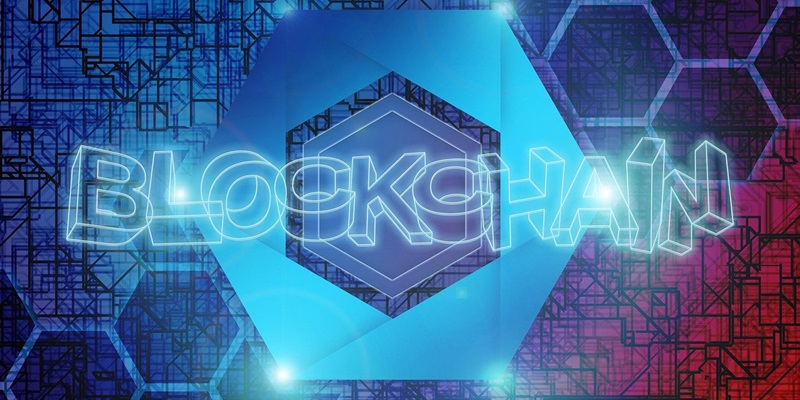Blockchain technology stands as a formidable force in the realm of modern enterprise, offering a suite of benefits that promise to revolutionize the way businesses operate. With its unique ability to provide secure, transparent transactions and foster innovation, blockchain is not just a trend but a critical tool for future-proofing any business. Yet, for all its potential, navigating the intricate workings of blockchain poses significant challenges.
Adopting this technology requires a nuanced understanding of its mechanisms and the ability to adapt to its evolving landscape. Enterprises must consider the scalability of solutions, the integration with existing systems, and the regulatory environment that governs blockchain use. Moreover, there is a pressing need to cultivate specialized talent capable of leveraging blockchain to its full potential.
The intricate path to successful blockchain integration demands strategic planning and a commitment to overcoming its inherent hurdles. However, this journey, while daunting, can lead to unparalleled gains in efficiency, security, and competitiveness in an increasingly digital marketplace. Firms that manage to skillfully harness the power of blockchain stand to transform their operations and emerge as leaders in the era of technological advancement.
Challenges of Blockchain Integration
Scalability Conundrums
The challenge of scaling blockchain infrastructures is a complex obstacle as adoption soars and transaction volumes swell. Increasing activity can bog down the system, leading to slower transaction speeds and hindering network scaling. To resolve this, experts are exploring sharding techniques, which distribute data across multiple databases to boost transaction processing capacity. Additionally, off-chain channels are being developed. These channels conduct transactions independently and then synchronize with the main blockchain, thereby reducing congestion. Both methods aim to preserve the performance of blockchains as they scale, ensuring they remain efficient and capable of supporting growing demand. As these solutions evolve, they hold the promise of unlocking the full potential of blockchain technology for widespread use and application.
Cost Considerations
Embracing blockchain technology is like embarking on an ambitious maritime adventure: it’s costly at the outset and demands a skilled team for smooth sailing. Key expenses for adopting blockchain include investing in robust hardware to support its operations, crafting tailored software solutions, and perhaps even hiring consultants for expertise. But expenses don’t stop at deployment; they extend to regular system maintenance and necessary updates. To alleviate financial pressure, businesses might revamp existing digital setups, avoiding the need for all-new investments. Additionally, executing blockchain incrementally can not only distribute costs over a more manageable timeline but also allows for strategic adjustments in response to evolving tech trends. This approach to integrating blockchain keeps companies steadier as they traverse the innovative yet challenging seas of this advanced technology.
Security and Regulatory Hurdles
The Security Hydra
In the realm of blockchain, a triad of security threats looms large, necessitating a strategic and robust defense mechanism. Primary in this defense is the strengthening of encryption methods to effectively shield data from underhanded cyber assaults. An equally pivotal aspect of a stalwart defense is stringent access control—this ensures that only vetted individuals possess the requisite permissions to engage with critical functionalities. Moreover, conducting frequent security audits emerges as crucial preventive measures, serving a dual purpose of identifying system weaknesses and affirming adherence to prevailing security standards. Implementing a layered approach to these security strategies collectively erects a formidable bulwark against intrusion attempts. The stakes are high in this ongoing war against security threats, with the imperative to uphold the integrity and trustworthiness of blockchain networks sitting at the core of these efforts.
Regulatory Labyrinth
Navigating blockchain’s regulatory environment is akin to traversing a complex maze, with each jurisdiction presenting its own set of rules. Staying updated on legal shifts is crucial, and enlisting the help of specialized legal advisors is advisable. These experts can demystify new regulations, steer decision-making, and keep companies on the right side of the law. While blockchain is a technological marvel, its implementation is equally dependent on legal compliance. By combining technological foresight with strategic planning, meticulous security, and vigilant regulatory adherence, businesses can overcome blockchain’s challenges. Successfully managing these aspects enables organizations to reap the rewards of this cutting-edge technology, securing a competitive edge. Embracing both innovative solutions and regulatory requirements pave the way for fully leveraging blockchain’s potential.

